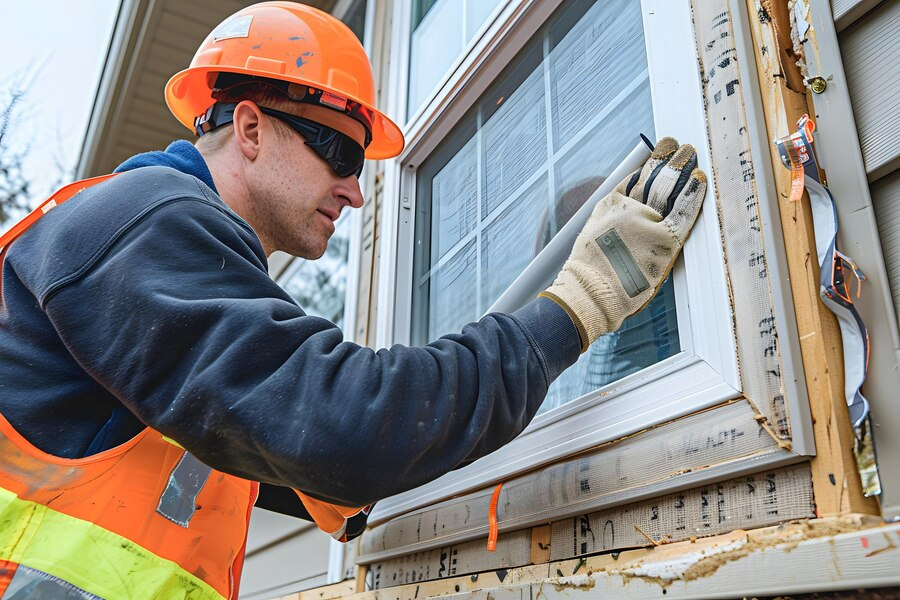
Upgrade Your Home with Stylish Replacement Windows Today
If you’re looking to refresh your home, upgrading to stylish replacement windows is a great way to boost both the look and efficiency of your space. New windows not only enhance curb appeal but also improve insulation, helping you save on energy bills year-round. With a variety of designs and finishes to choose from, you can easily match your home’s style while increasing natural light and ventilation. Whether you’re renovating or simply replacing outdated windows, it’s an investment that brings both beauty and comfort to your home.
Boost Curb Appeal with New Windows
Upgrading to stylish replacement windows instantly elevates the exterior of your home. Whether you choose sleek, modern frames or timeless classic designs, new windows add a fresh, inviting look that makes your home stand out. They can complement your existing architecture or give your home a completely new vibe, increasing its overall appeal. This small change can create a big visual impact, making your property more attractive to potential buyers if you’re looking to sell or simply improving its aesthetic for your enjoyment.

Transform Your Home’s Exterior Look
Replacing your windows gives your home an instant facelift. Whether you go for contemporary designs or more traditional styles, new windows will add sophistication and charm. They can be tailored to fit your home’s architecture, creating a sleek, modern vibe or a more classic appeal, enhancing both curb appeal and overall attractiveness. This upgrade can turn your home into a standout property in your neighborhood.
Choose from Various Window Styles
With replacement windows, you have endless design options to choose from. From large picture windows to stylish bay or casement windows, you can select the perfect style to match your home. Frames come in various materials like vinyl, fiberglass, and wood, offering different aesthetics and levels of durability. The right choice will enhance your home’s look and make it feel more personalized and unique to your taste.
Create a More Inviting Atmosphere
New windows not only improve the look of your home’s exterior but also make the interior feel brighter and more welcoming. With better light flow and improved visibility, they provide a warm, inviting environment. Whether it’s a cozy living room or a modern kitchen, stylish windows open up the space, enhancing its overall appeal and making your home feel more connected to the outside world.
Increase Home Value with Modern Windows
Upgrading to stylish replacement windows is a smart way to increase the value of your property. High-quality, energy-efficient windows are a major selling point for potential buyers. Whether you plan to sell soon or not, new windows boost your home’s appeal and marketability. Not only will they improve aesthetics, but they also enhance functionality, making your home more attractive to buyers who value comfort and energy savings.
Effortless Upgrade with Lasting Impact
One of the greatest advantages of replacing your windows is the low-maintenance nature of modern designs. New windows require less upkeep than older models, providing long-term benefits without the need for constant repairs or painting. This simple yet impactful upgrade improves your home’s overall appeal and functionality, offering lasting results that enhance your home’s value, comfort, and aesthetic for years to come.
Improve Energy Efficiency with Modern Windows
Replacing old windows with newer, energy-efficient models can significantly reduce your energy consumption. Modern windows are designed with advanced insulation technology, such as double or triple glazing, that helps keep heat inside during the winter and outside during the summer. This means your HVAC system works less, saving you money on heating and cooling bills. Not only will your home feel more comfortable, but you’ll also contribute to a greener environment by reducing your carbon footprint with less energy waste.
Noise Reduction for a Quieter Home
One often overlooked benefit of replacing windows is the improvement in noise insulation. Newer windows are designed with better soundproofing technology, which can drastically reduce the amount of outside noise entering your home. Whether you live near a busy street, construction site, or noisy neighbors, the right windows can create a quieter, more peaceful living environment. This upgrade makes a noticeable difference, allowing you to enjoy a more serene atmosphere inside without being disturbed by external sounds.
Low Maintenance and Long-Lasting Windows
Modern replacement windows are designed to be durable and low-maintenance, freeing up your time and effort for more enjoyable tasks. Materials like vinyl, fiberglass, and composite are resistant to rot, fading, and warping, ensuring that your windows continue to look great for years. Unlike older wooden frames that require constant painting and sealing, these new materials only need occasional cleaning to stay in top shape. With long-lasting performance, you’ll save on repairs and upkeep while enjoying the beauty of your upgraded windows.
Increased Home Value and Return on Investment
Investing in stylish replacement windows is a smart way to increase the value of your home. Homebuyers often look for energy-efficient and well-maintained properties, and new windows are a major selling point. Whether you plan to sell soon or not, upgrading your windows can yield a solid return on investment, with many homeowners recouping a significant portion of the cost when it comes time to sell. Additionally, the visual and functional improvements add to your home’s overall appeal, making it a more attractive and marketable property.
Enhanced Natural Light and Ventilation
Replacement windows offer a simple yet effective way to brighten up your living space. With better framing and design, modern windows allow more natural light to flood into your rooms, creating a warmer and more inviting atmosphere. Whether you prefer large picture windows or smaller casement models, there’s an option to fit every space. In addition, many windows offer improved ventilation, allowing fresh air to circulate more efficiently, which is perfect for keeping your home feeling fresh and comfortable throughout the year.
Customization Options to Match Your Style
One of the best things about upgrading your windows is the ability to choose from a wide range of styles, materials, and finishes. Whether your home’s design is contemporary, rustic, or traditional, you can find replacement windows that perfectly complement its aesthetic. From wood to vinyl, aluminum, or fiberglass frames, each material offers unique benefits in terms of durability and appearance. You can also choose different grid patterns, window types, and color finishes to ensure your new windows fit seamlessly with your home’s décor and personality.
Maximize Home Comfort All Year Round
New replacement windows help regulate your home’s temperature, providing a more comfortable living environment throughout the year. In the colder months, they retain heat, reducing drafts and keeping your home warm without overworking your heating system. During the summer, they help block out the sun’s heat, preventing rooms from becoming too hot. This consistent comfort not only makes your home a pleasant place to live but also helps maintain a stable indoor climate, ensuring a cozy atmosphere no matter the season.
Conclusion
Upgrading your home with stylish replacement windows is a fantastic way to enhance both its appearance and energy efficiency. At EZ Window Solutions of Beachwood, we offer a wide range of high-quality window options tailored to fit your home’s needs. Whether you’re looking to boost curb appeal or lower energy costs, our team is here to guide you every step of the way.
Located in Beachwood, Ohio, we take pride in delivering exceptional service and durable window solutions. Contact us today to discover how our stylish replacement windows can transform your home into a more beautiful and efficient space.

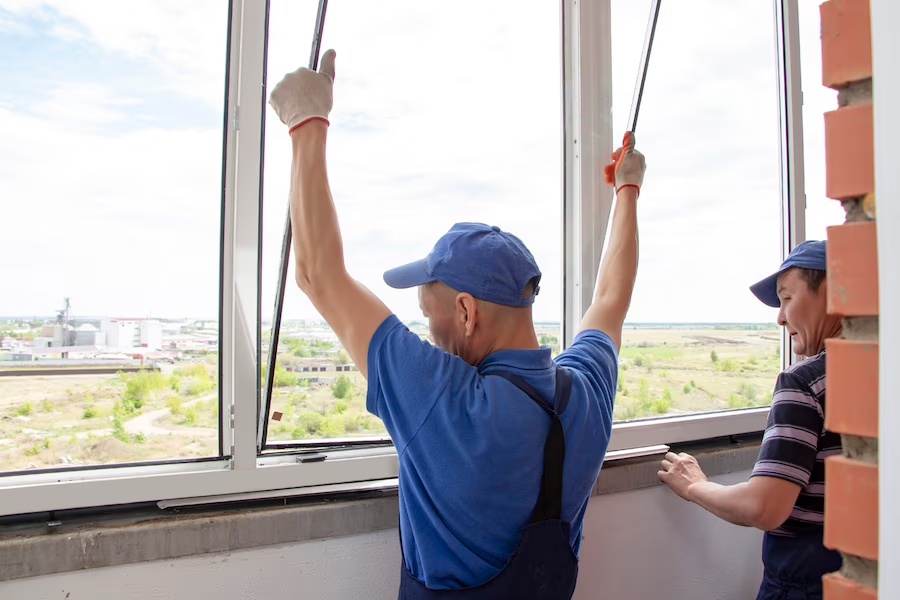
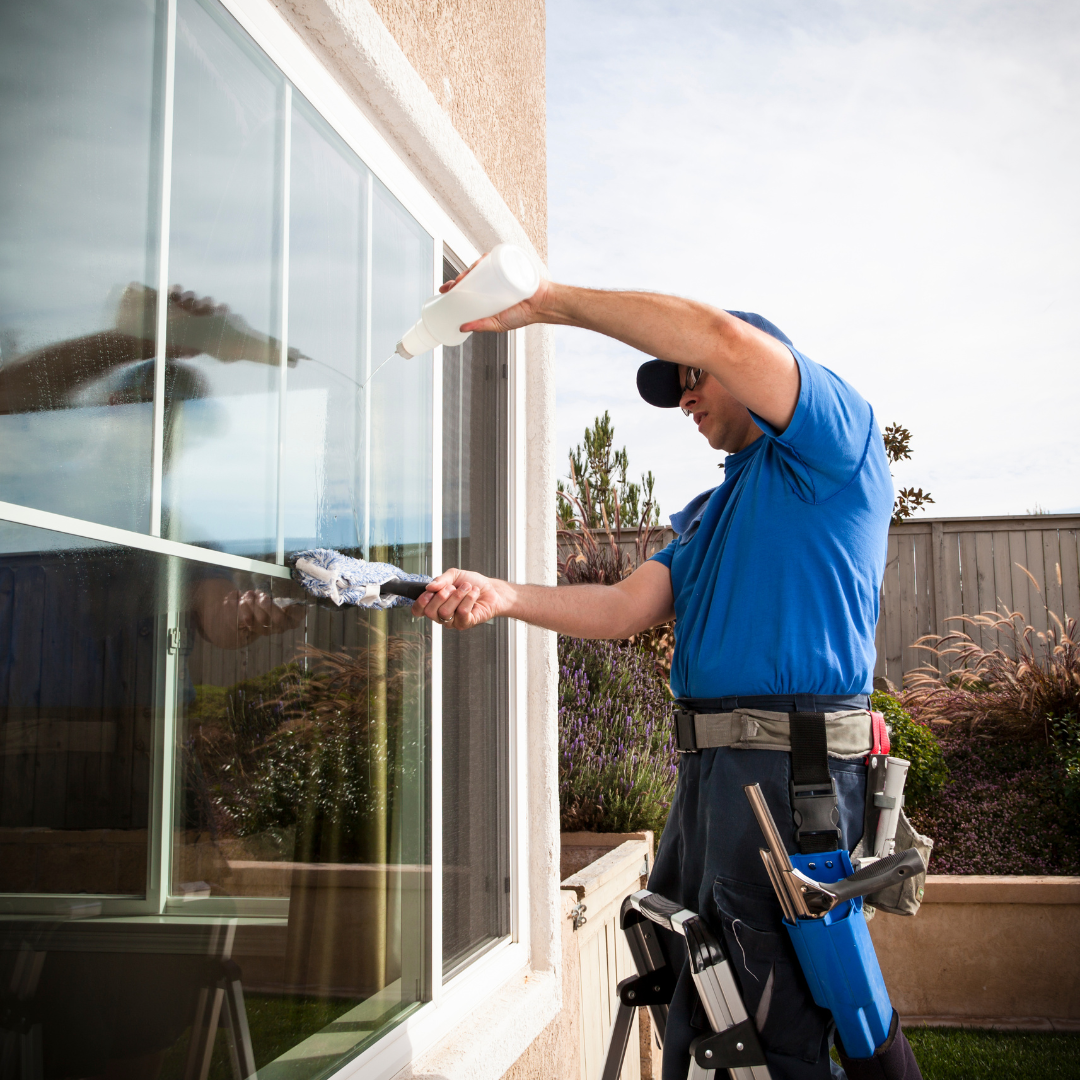
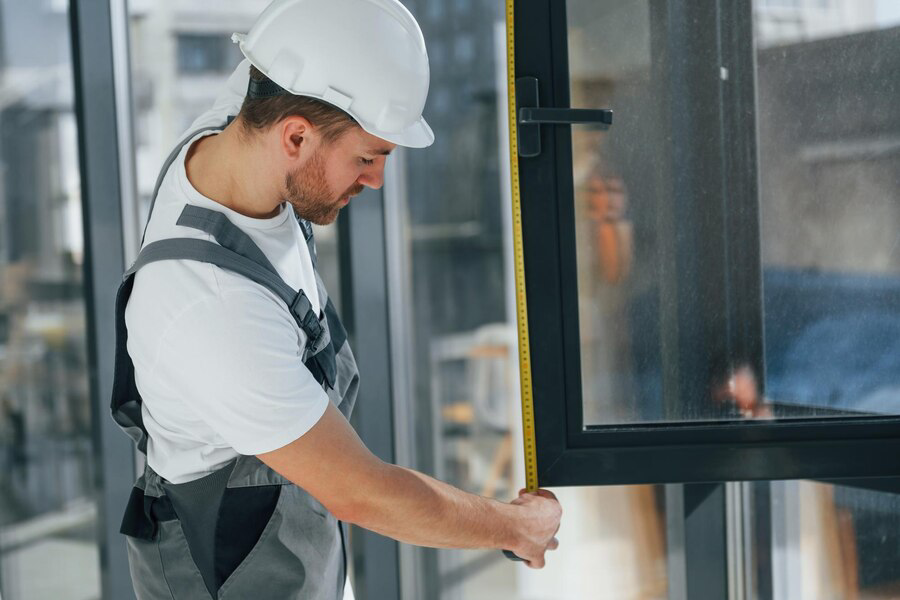
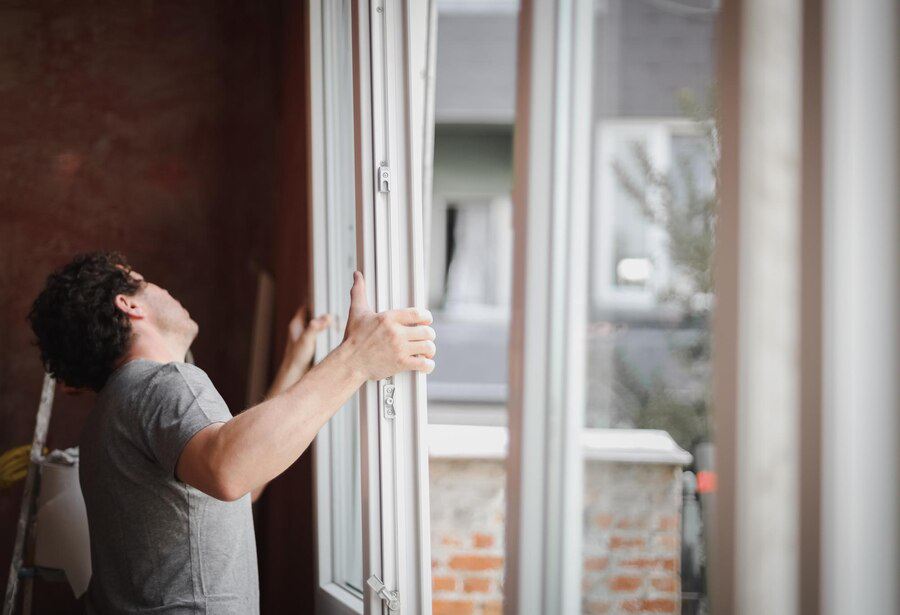
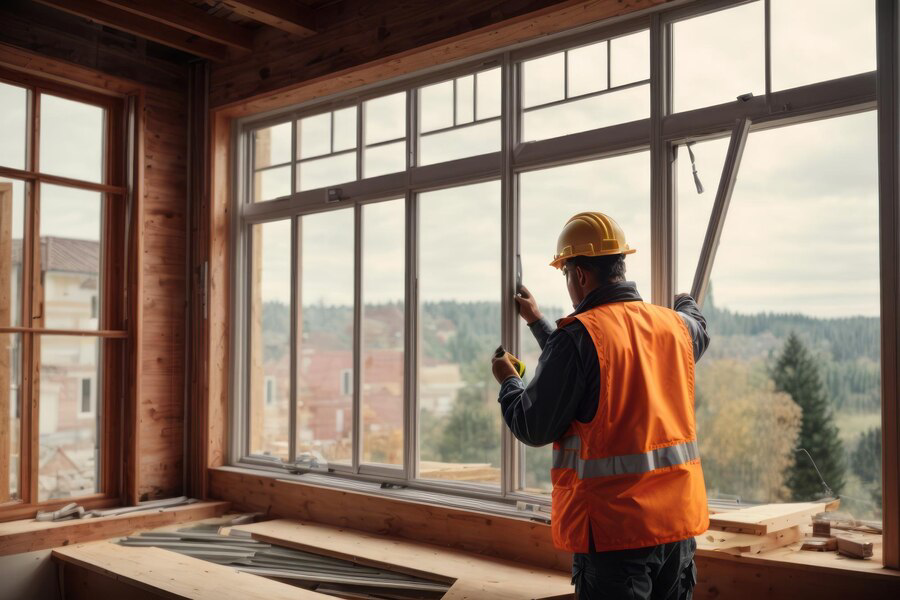
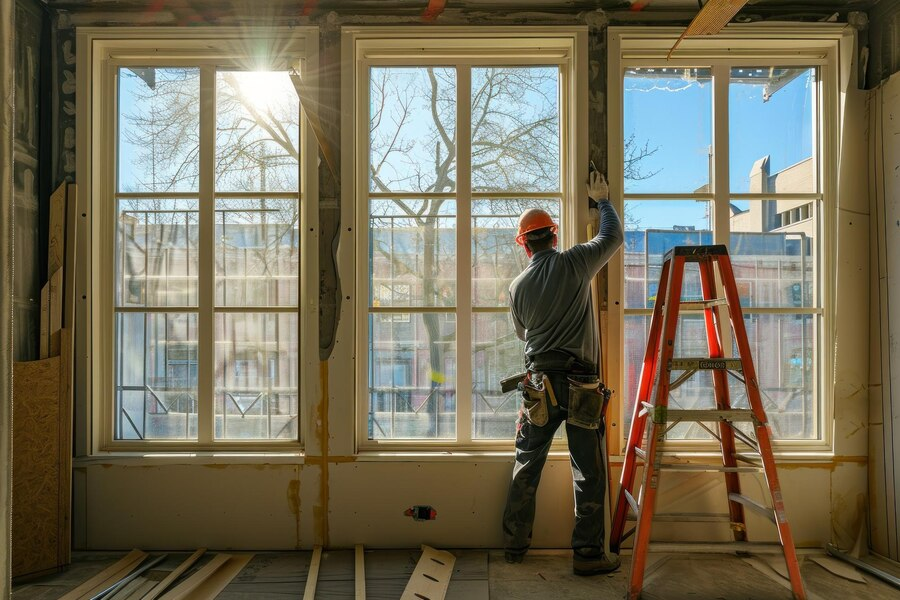
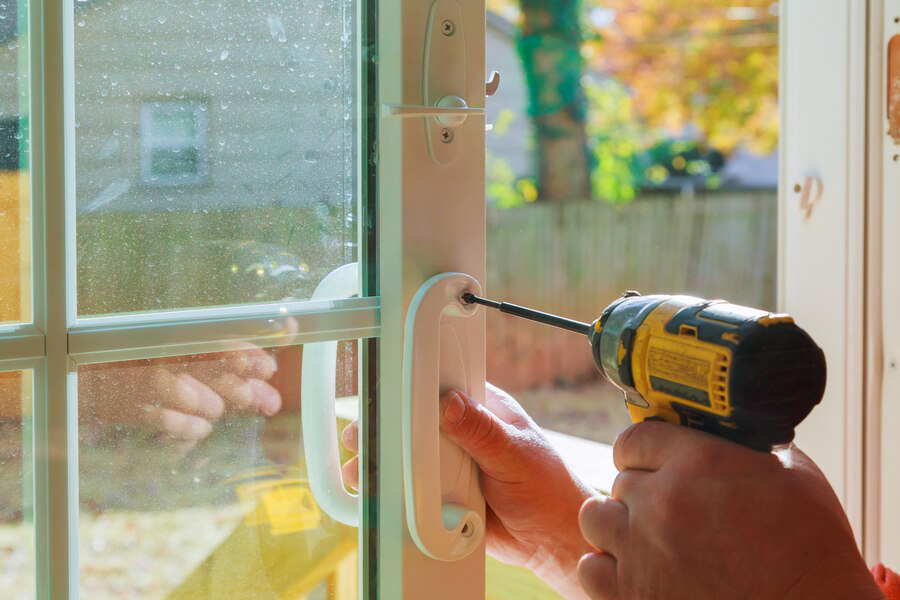
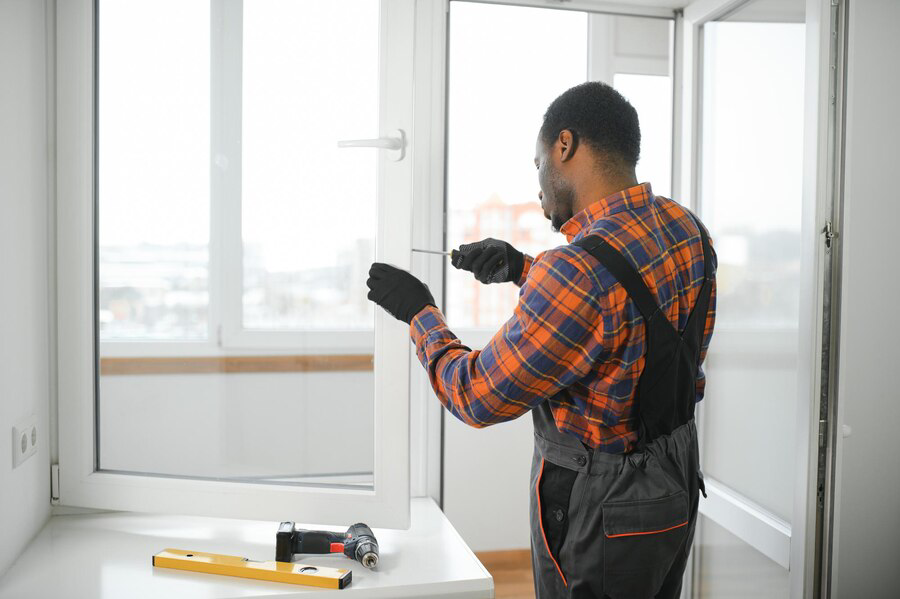
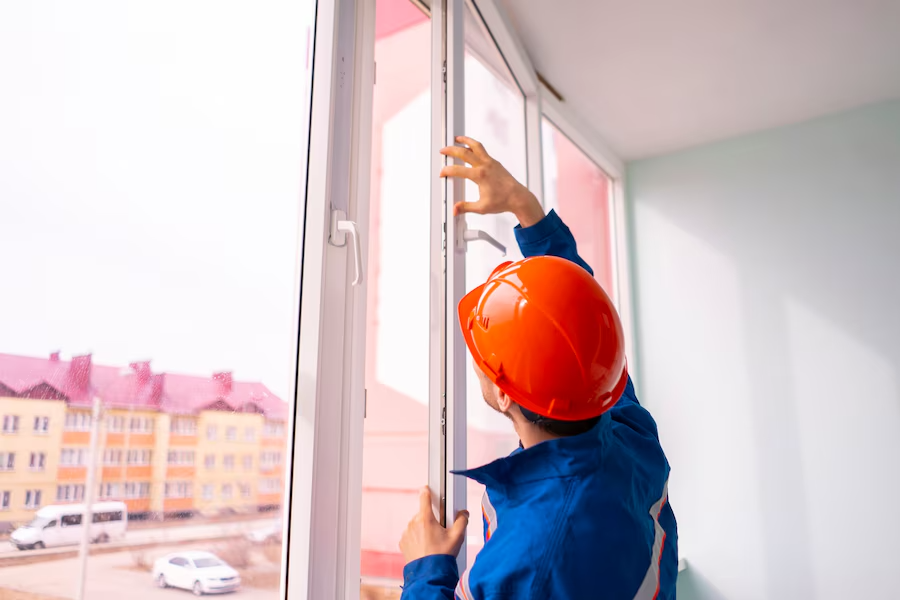
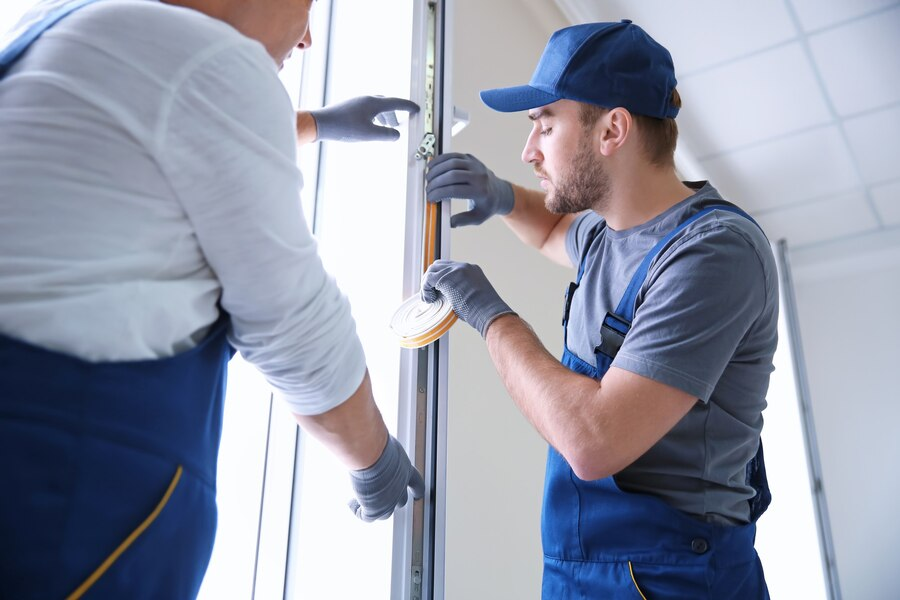
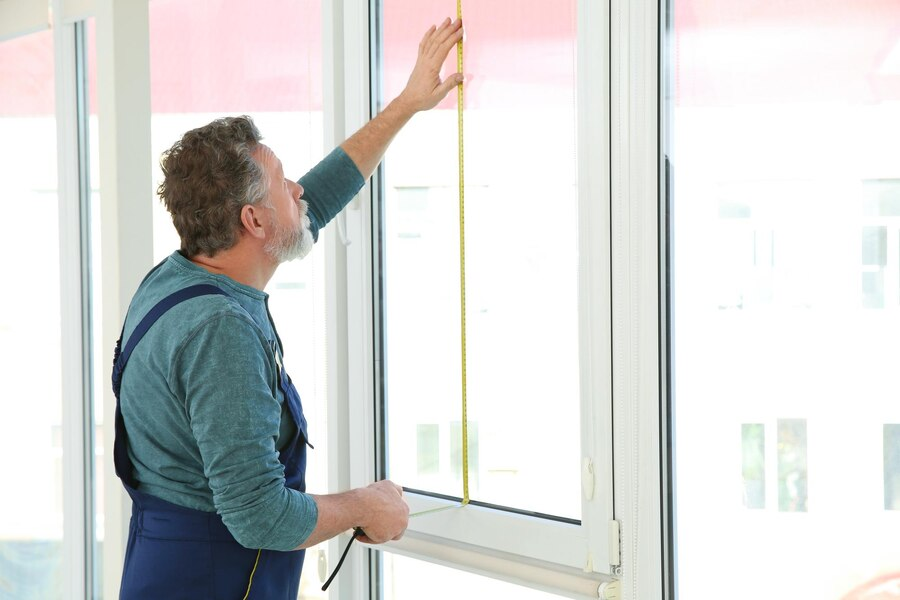
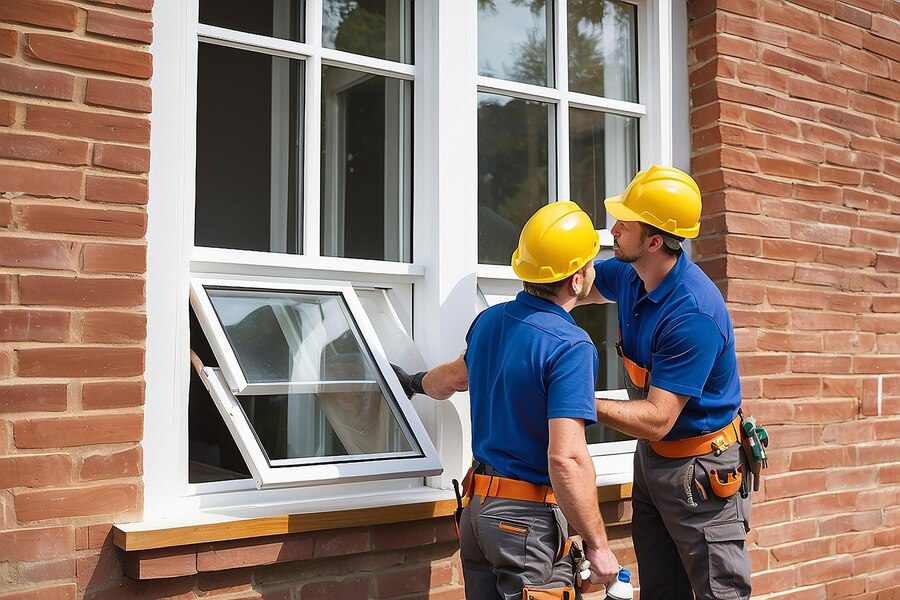

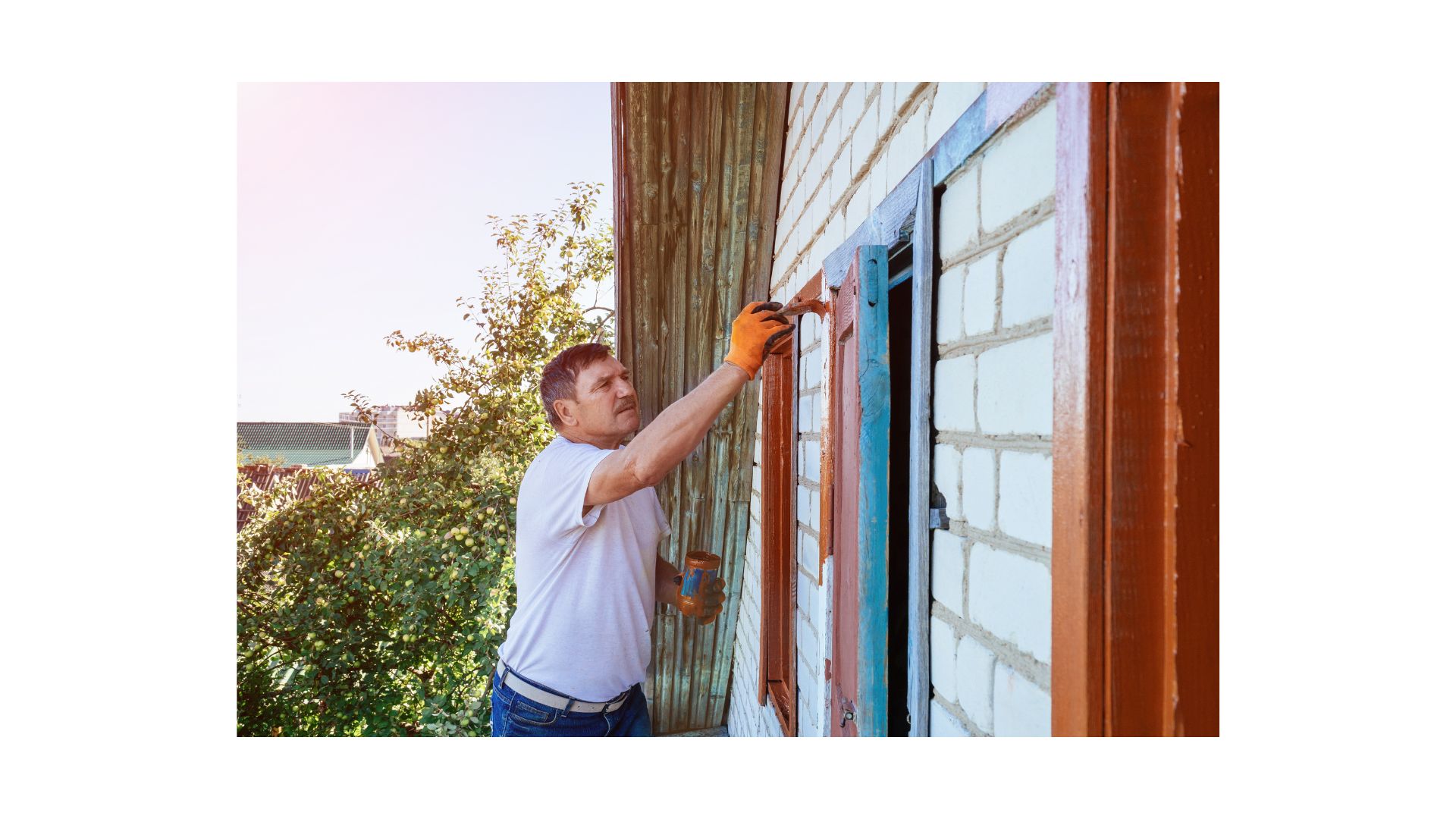

Recent Comments